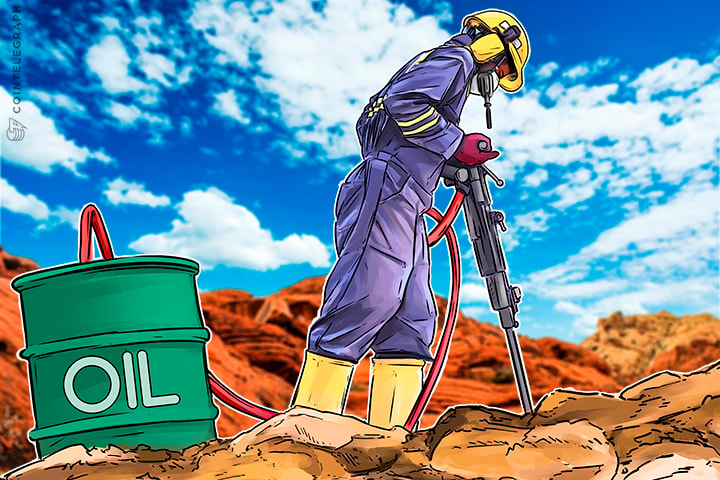The Bitcoin boom has forced the mining sector to try and keep up, as the energy and effort put into mining a single coin is paying higher and higher. However, it’s also causing the mining sector to go into overdrive seeking the elusive prize.
One way that miners have sought to gain an additional edge in the game is to try and cut their energy costs. It’s good for the miners, for Bitcoin and for the environment if energy usage plummets.
The cost of a Bitcoin
The Bitcoin mining industry consumes 22.5 TWh of energy annually, which is the equivalent of 13,239,916 barrels of oil. With 12.5 Bitcoins being mined every 10 minutes, that means the average energy cost of one Bitcoin equates to 20 barrels of oil.
It seems an inodramate amount of oil to be spending on mining a digital currency, yet when considering the worth of one coin, which is now valued at more than 100 barrels of oil, it becomes understandable.
However, despite the lucrativeness of it all, there are serious implications environmentally for the mining sector of Bitcoin. Accordingly, if the boom continues there should be plans to try and keep energy costs down.
To put this in perspective, the total energy consumption of the world’s Bitcoin mining activities is more than 40 times greater than that required to power the entire Visa network.
Cheap electricity kings
It’s unsurprising to find that the countries that have been seen as the superpowers of Bitcoin mining have been those who’ve had cheap electricity, or worked towards it.
China has long been a Bitcoin mining hub as it has some of the cheapest electricity, however, with its stance on Bitcoin changing Russia is stepping in.
There were plans for Russian subsidization for Bitcoin mining, but the socialist country is heading down China’s route in regards to its feeling towards Bitcoin.
This has led to other countries becoming mining powerhouses.
Land of ice and mining
The future of mining seems to be a lot greener and a lot more efficient and economical. Many mining companies are looking to places like Iceland and Kazakhstan, where the temperatures are lower and there’s no need to spend money on cooling.
Additionally, there have been forays into using sustainable and renewable sources of energy to power mining operations. These are beneficial to the plant and to the miners, as power is a lot cheaper in many parts of the world.


